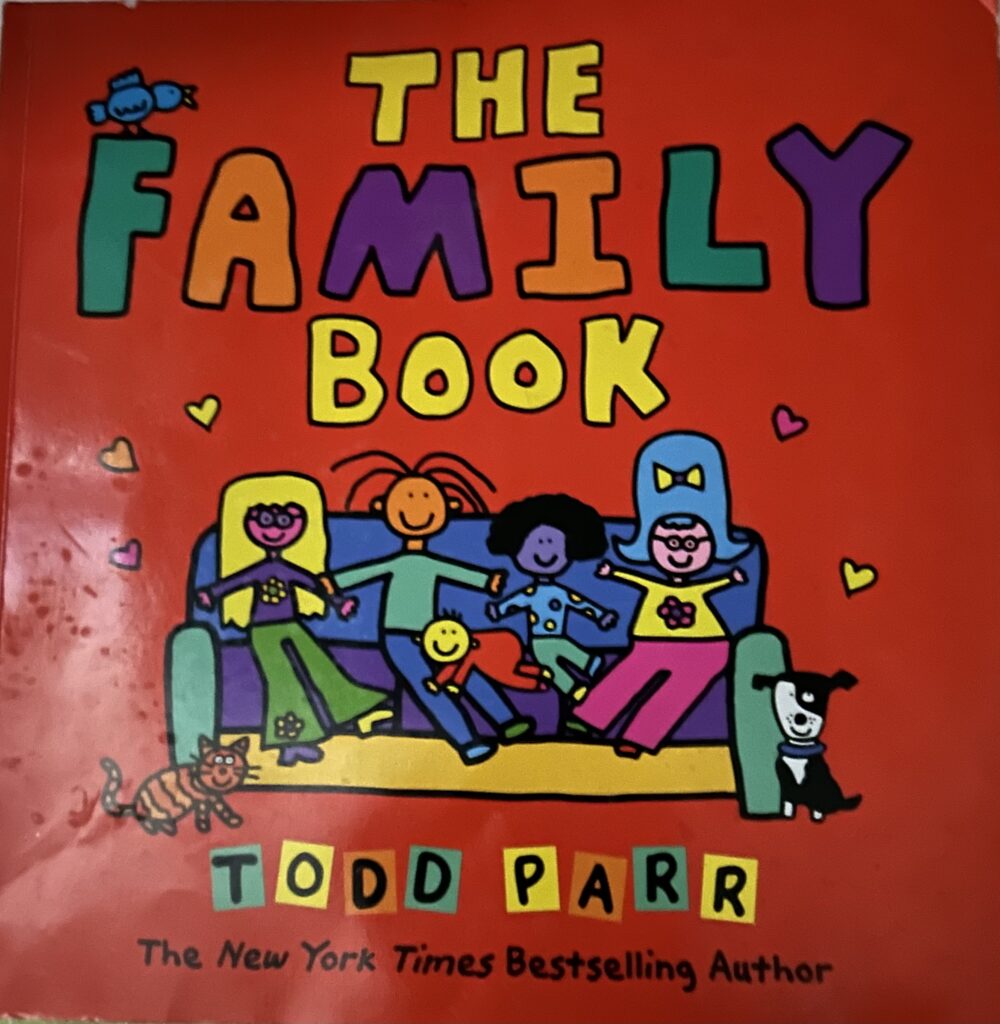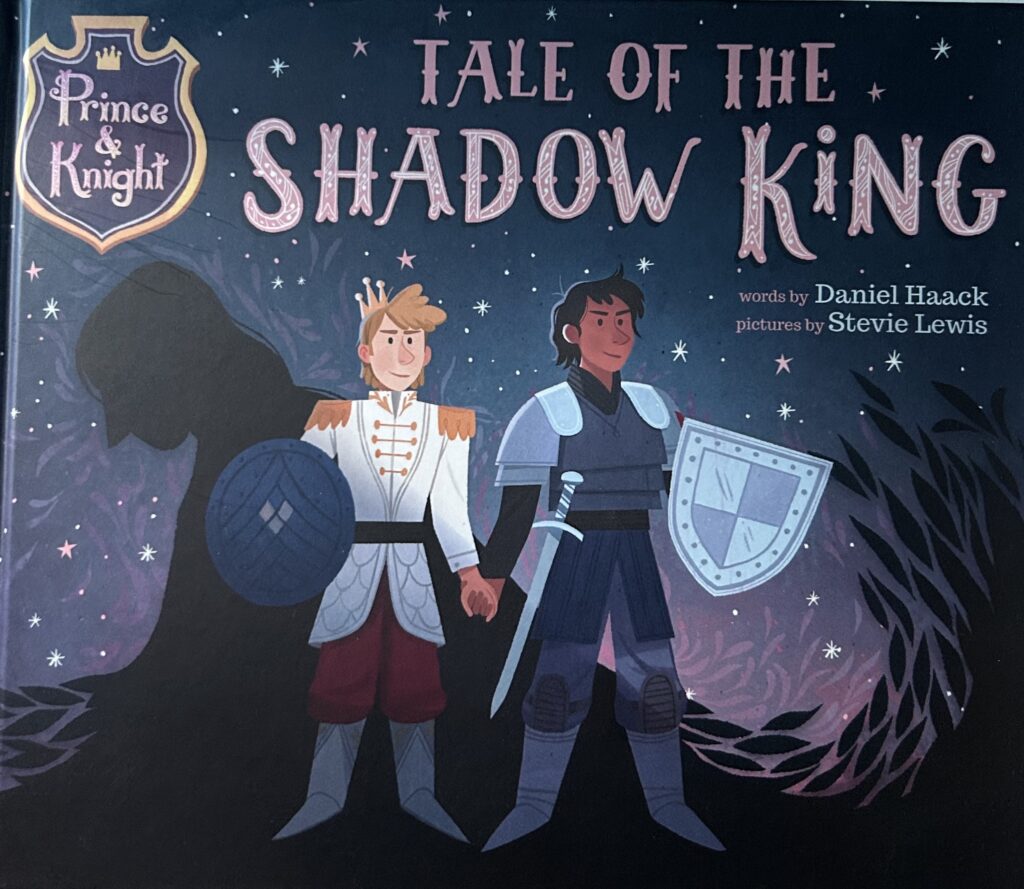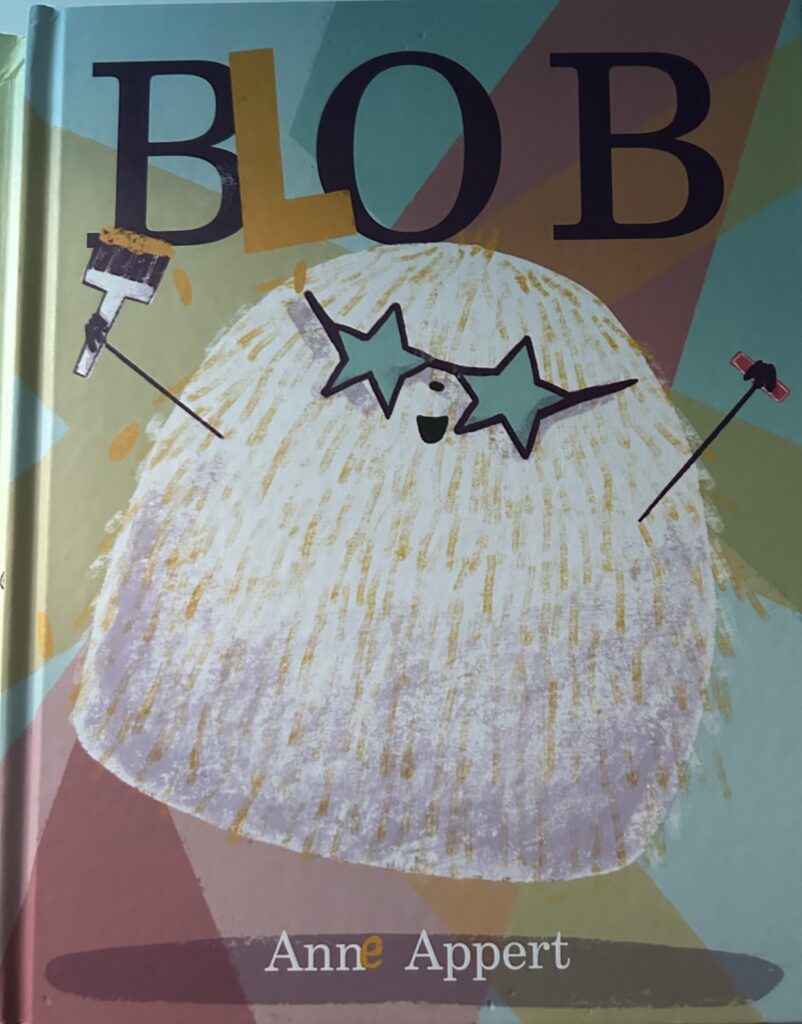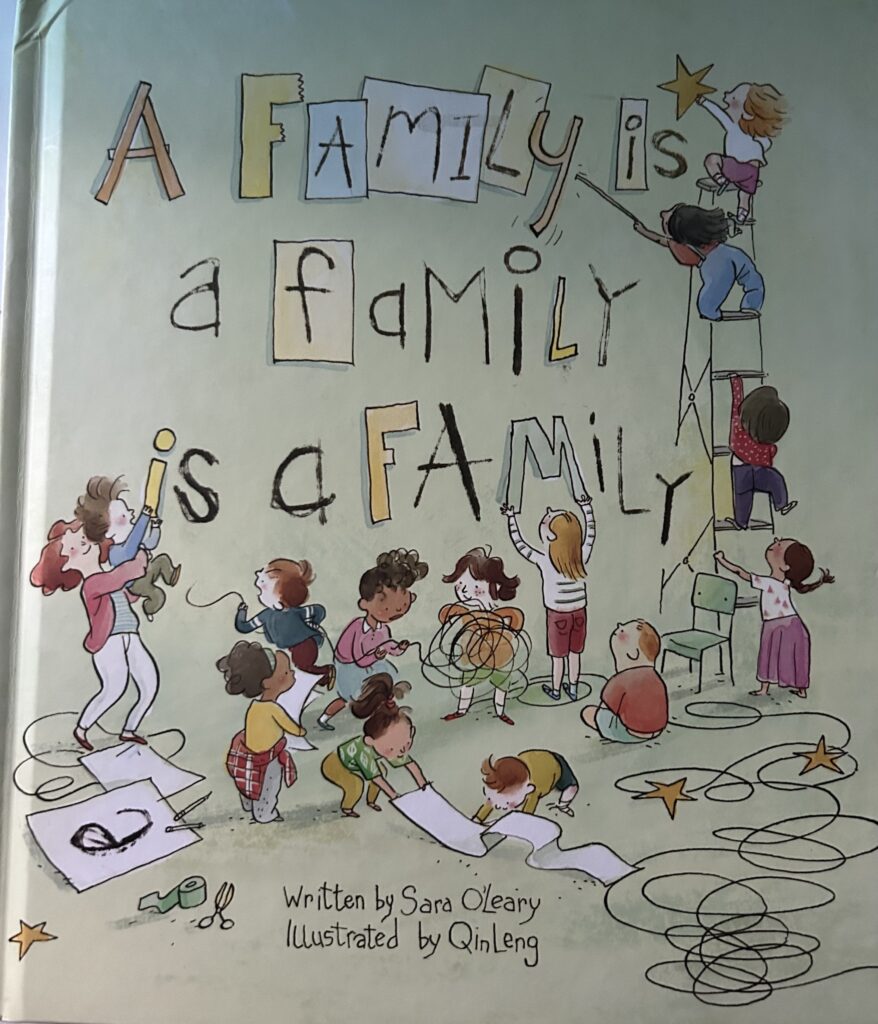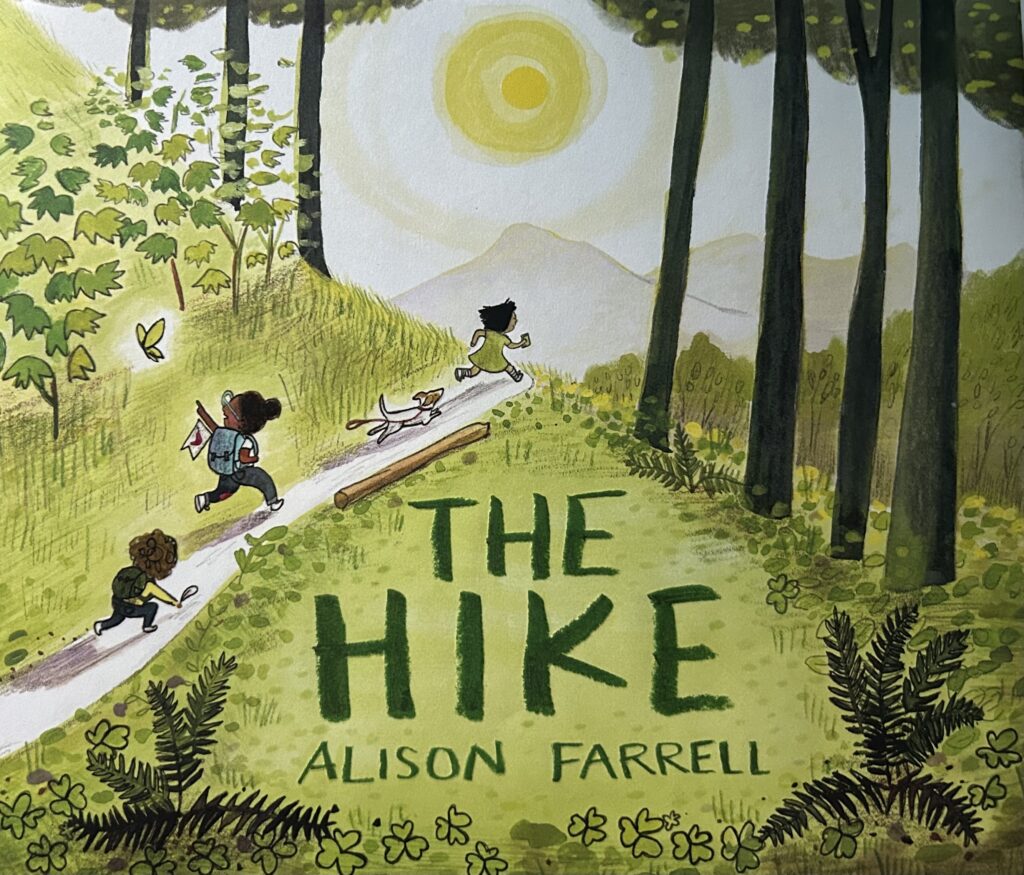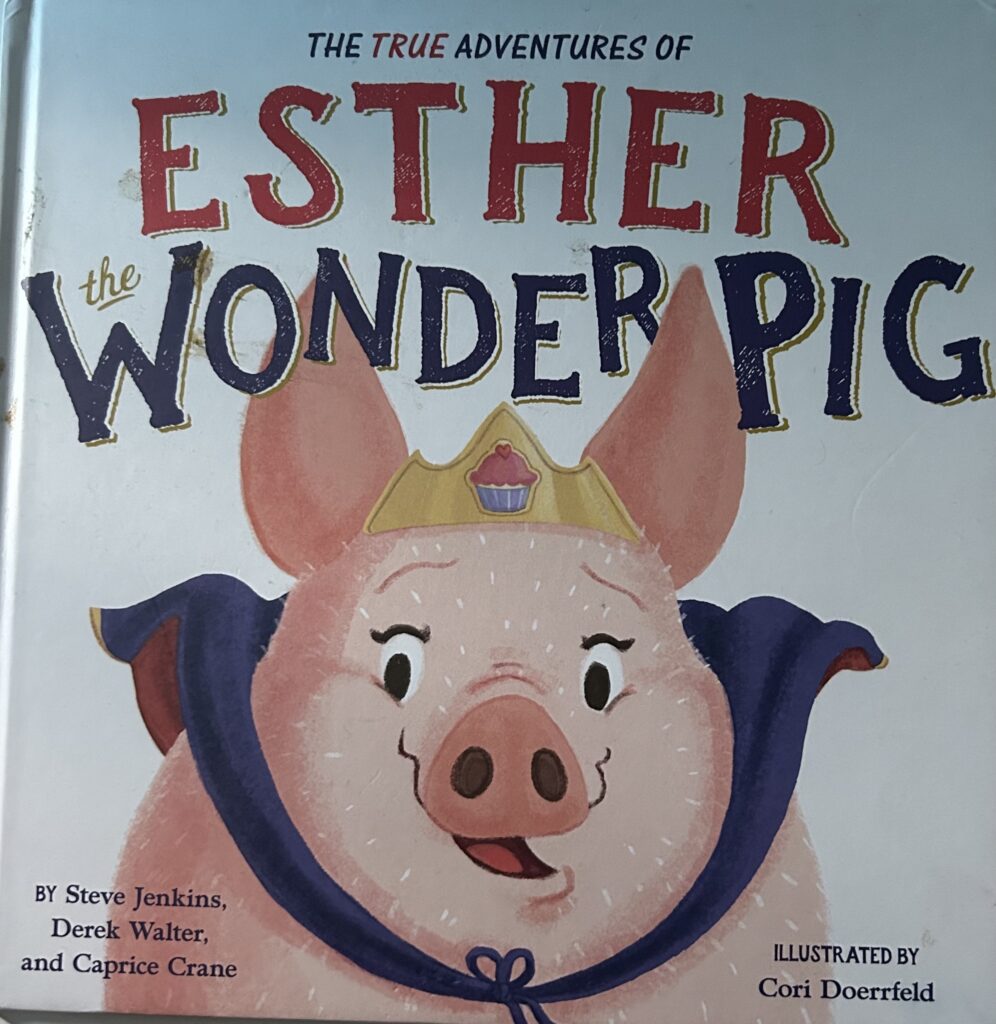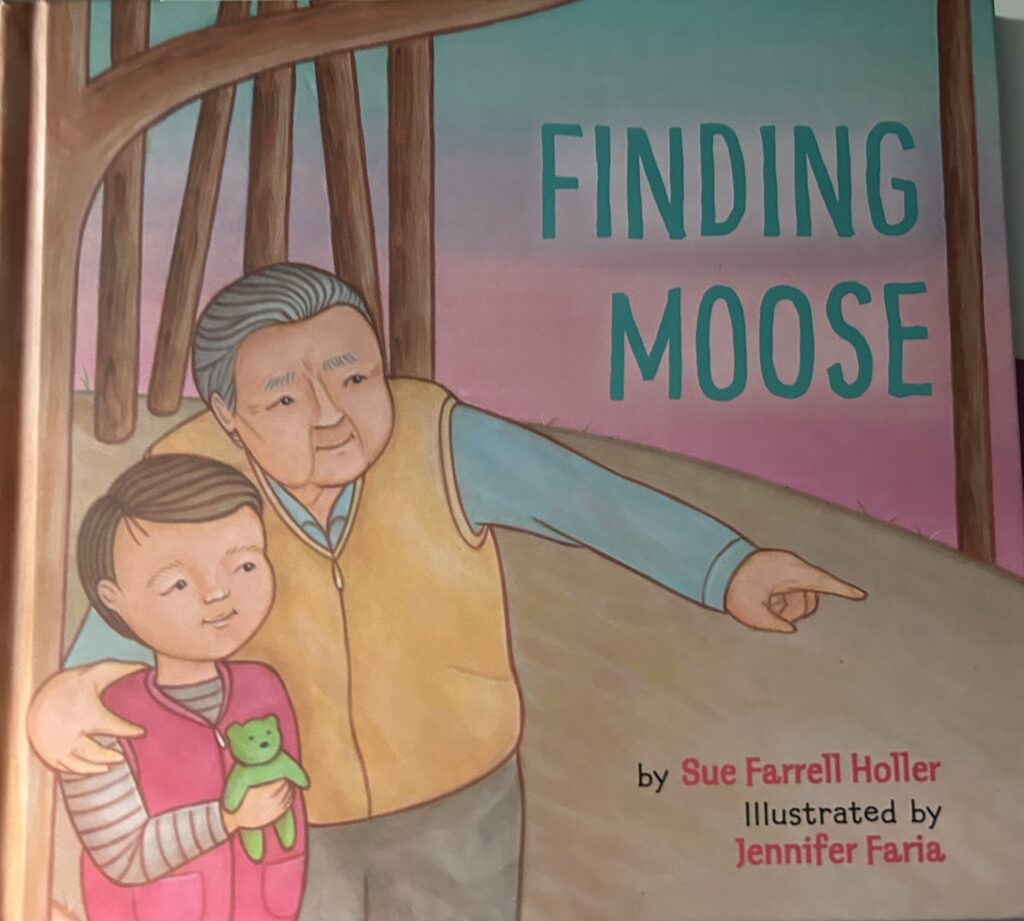The BCELF FPPL states: “Learning requires exploration of one’s identity.”
“A positive personal cultural identity is the awareness, understanding, and appreciation of all facets that contribute to a healthy sense of oneself.” – BC Early Learning Framework p.66
Our work as educators is collective, however, I believe in the importance of forming a strong sense of each individual’s identity early on. This why I would like to figure out how I can work together with all of the children to engage in exploring each of their own, unique identities.
My question is:
“How can we embark on a collective journey of exploring the diverse identities of children?”
The BC Early Learning Framework describes practices that we can use as educators to engage with others, identities, and the world. The practices I have been working with this semester to explore my pedagogical question are:
- Family origins, cultural background, place of origin, allegiance and affiliation, citizenship, and other identities.
- In February, we did an exploration of families. Each child brought in pictures of their families and together, we made a ‘family book’ for the centre that each child had a page in. This book was placed on the bookshelf so that the children were able to access it at any time, whether they wanted to look at their own families or the other children’s. Within the book, the children were able to observe that not all families look the same. The children would discuss their families with each other, and ask questions to get a better understanding of what other children’s family dynamics look like. We have opportunities for children to see their cultural backgrounds reflected in the classroom through books and art.
2. Interrelationship of humans and their natural environments.
- We engage with our natural environment each day. We take children on hikes and have conversations about the natural world and wildlife around us. It is common for us to see deer, coyotes, various kinds of birds, insects, and plants. We work with children to gain meaningful relationships with these beings. The children know to respect the natural environment, and we often collect garbage on our journey. We engage in communicating about all species and the land. We plant a garden each year and discuss how beneficial our wildflowers are for the honeybees and how that benefits us as humans. The children know that they have a responsibility to take care of the world, because it takes care of us.
3. Individual Differences
- Children are encouraged to accept differences in others. We work with all children to provide a space where we all feel safe and feel as though we contribute. The children know the importance of working together toward common goals and helping all friends when they’re in need. Negative behaviours such as being unkind to others are learned, and we understand this which is why each day we model the behaviours that we wish to see in our children. The resources and learnings we provide to children depict some of the many differences there are and open up space for conversation around these topics.
Here are some books I have provided for the children in my placement that relate to these practices:
